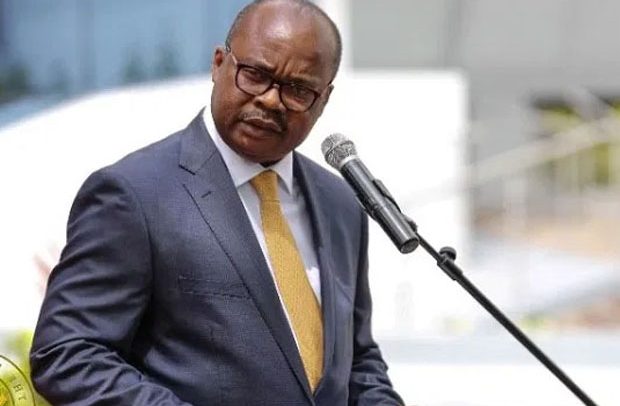Dr. Ernest Addison
The Bank of Ghana (BoG) has found itself embroiled in scrutiny following revelations of a hefty loss amounting to GHC 10.50 billion recorded in the fiscal year of 2023, juxtaposed with continued expenditures on the construction of its new head office building totaling $82 million paid out to contractors during the same period.
Amidst mounting concerns over the prudence of proceeding with the project in light of the substantial financial setbacks, a Member of Parliament Yusif Suleman raised pertinent questions regarding the feasibility of advancing construction efforts amidst the bank’s precarious economic standing.
The issue was deliberated during a Public Accounts Committee session convened on Friday to address governmental financial matters.
In response to these queries and reservations surrounding the ongoing infrastructure venture, Stephen Opasa, Special Advisor to the BoG Governor, staunchly defended the institution’s decision to persist with the realization of the new headquarters.
Opasa underscored that the construction endeavor had reached an advanced stage, making the prospect of halting operations impractical and potentially counterproductive.
While acknowledging the MP’s justified apprehensions regarding the fiscal implications of forging ahead with the development project, Opasa emphasized that the bank’s financial losses were attributable to a confluence of factors and not solely influenced by the ongoing construction activities. He elucidated, “It is not because of this project that we incurred losses.”
Moreover, Opasa articulated the complexities and considerations involved in contemplating a cessation of the project midway, citing the logistical challenges posed by the presence of contractors onsite and the adverse ramifications of an abrupt discontinuation.
Despite acknowledging the validity of alternative management strategies proposed by MP Suleman, Opasa reiterated that the project’s progression was deemed indispensable given its advanced stage and contractual obligations.
By Vincent Kubi


